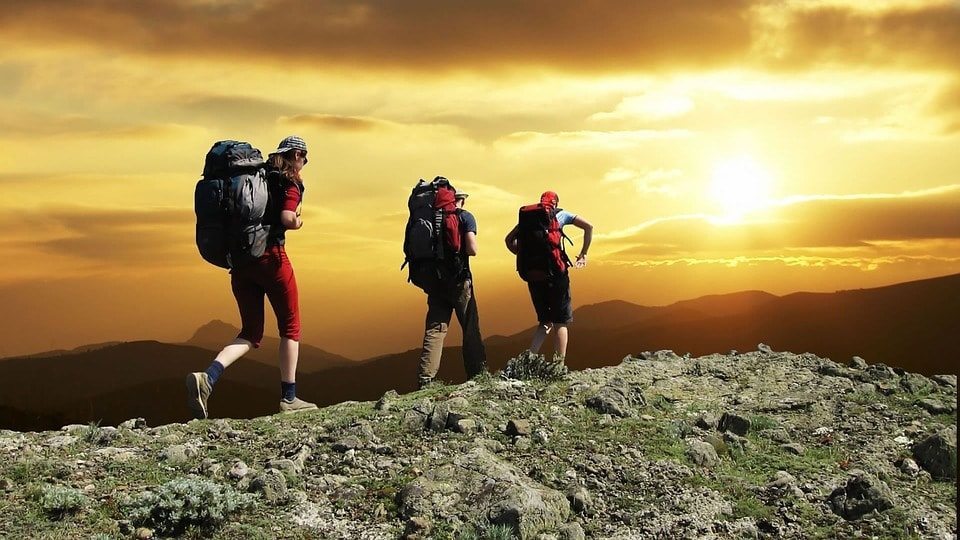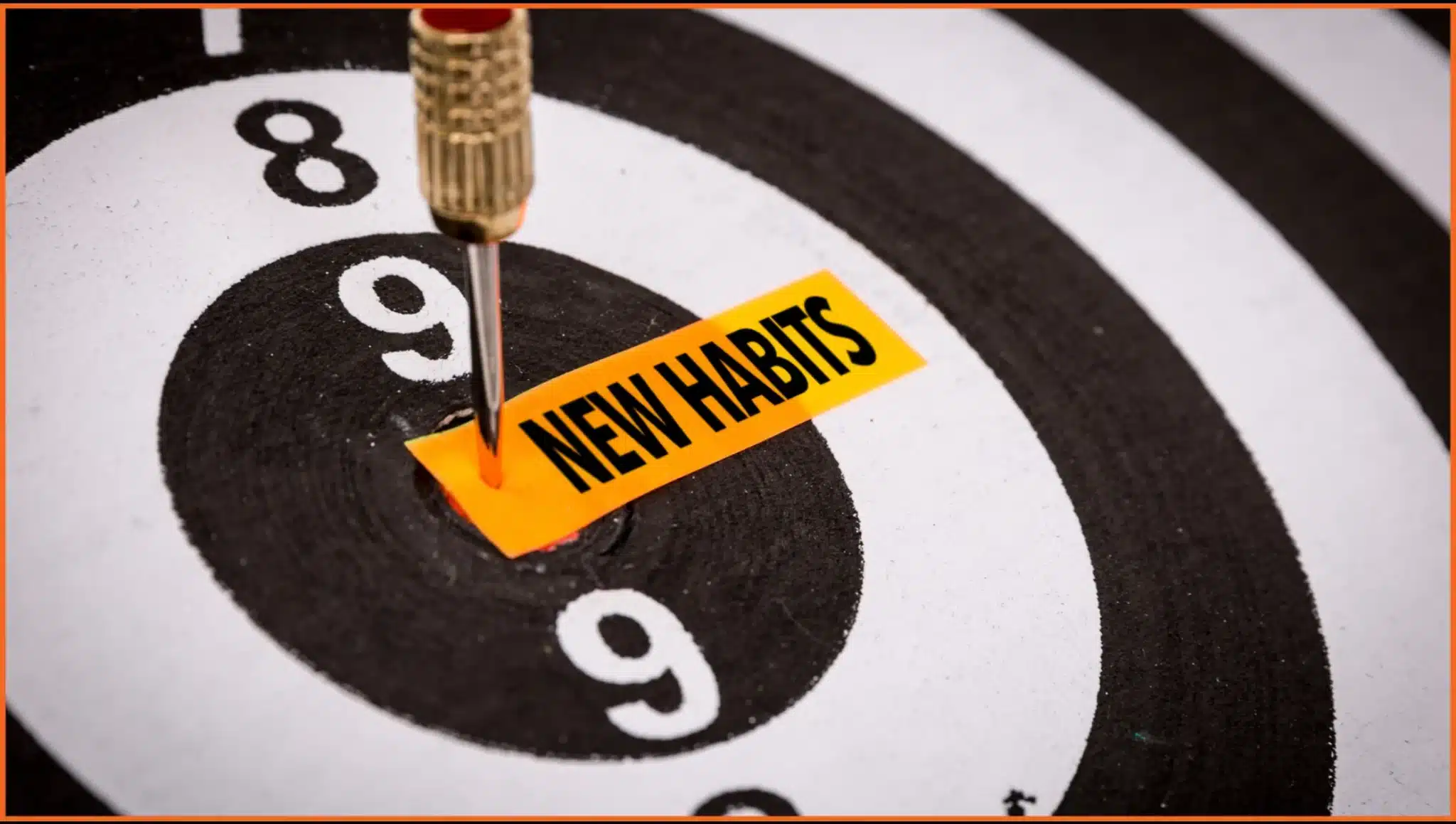Imagine this. Your team at the office has been assigned an unusual task. You are asked to scale a fairly difficult hill, carry your own tents, set them up without any manuals, and then prepare your dinner over a fire with limited resources. No shortcuts, no quick fixes, no convenient equipment. Just you, your team, and the challenge of survival together.
How would you and your colleagues fare?
Why Teams Need Real Challenges
Table of Contents
For years, team engagements were about boardroom games, fancy dinners, or light recreational activities. They served a purpose, but many organizations today are rethinking what meaningful engagement looks like.
The expectations from a team engagement are no longer limited to being fun. Leaders increasingly want experiences that are also relevant, purposeful, and challenging. There is a strong belief that when members of a team face something difficult together, it brings them closer in a way that regular activities cannot.
In our experience, moments of shared struggle are what truly shape team spirit. When people are taken out of their comfort zones, when they have to depend on one another, when they succeed together, the impact is lasting.
I once wrote about how crisis, whether real or simulated, can be a recipe for teamwork. A crisis strips away the unnecessary and forces people to see each other’s strengths and vulnerabilities. And that was precisely the philosophy behind one particular workshop we facilitated.
A Bespoke Survival Challenge
A client approached us with a request to design something unusual. After discussions with the leadership team, the brief crystallized into four words: We sink or swim together.
The team in question often had to deal with projects being shelved at the last minute. They were used to disappointment, and morale was low. What they needed was not just an escape from routine, but a deeply bonding experience that could remind them of the power of unity.
So we created a survival challenge.
A group of 30 people would trek five hours up to a mountain 4700 feet above sea level. They would then pitch their own tents and spend a night with scarce resources and no modern comforts. The difficulty level was deliberately kept high. This was not a casual nature walk. It was designed to stretch them beyond comfort and call upon reserves they did not know they had.
The expectation was simple. If the team succeeded, the euphoria of the achievement would belong to them collectively.
Facing the Mountain
The trek itself was about six kilometers, but almost all of it was either uphill or downhill. For city dwellers, unused to such terrain, this was not easy by any means. There were no ropes, no artificial supports, no handrails. One slip could have put not just the individual but others behind them at risk.
And then there were the additional conditions we had set:
- They had to carry all their own equipment, from tents to sleeping bags to clothes and toiletries.
- Essentials like water and food were rationed carefully.
Safety was always a priority, so we balanced the groups by fitness levels and ensured there were experienced trekkers in each team. Still, the apprehension was visible at the starting point.
But as they began to walk, something remarkable happened.
Lessons in Care and Cohesion
We witnessed extraordinary examples of care and concern that emerged spontaneously.
- Faster walkers often turned back to help those who were struggling, offering encouragement or even physical support on steep paths.
- Some members carried two or three bags to ease the burden of teammates who found it difficult.
- Scarce water was willingly shared with those who needed it most.
- Constant warnings were called out about slippery stones, loose rubble, or thorny bushes.
And not once did we hear complaints. Jokes, humor, and laughter filled the air, lightening the load of the journey. Even those who realized how unfit they were kept pushing forward because they did not want to hold back the team.
By the end of the trek, when the tents were up and the food was shared, the sense of victory was palpable. People were tired, but they were also glowing with pride. They had done it together.
Conquering the Self
As Sir Edmund Hillary famously said, “You do not really conquer a mountain. You only conquer yourself.”
The trek was a metaphor for something larger. It tested participants not only physically, but mentally and emotionally. It revealed hidden reserves of strength and resilience. It showed them sides of their colleagues they had never seen before.
Plato once said, “You can discover more about a person in an hour of play than in a year of conversation.” In this case, it was not just play but survival, and the insights were profound.
The less fit participants realized their own gaps but also discovered they had the grit to push through. The stronger ones realized the power of empathy and support. Everyone discovered the joy of selflessness.
This is exactly why experiential learning is so powerful. Lessons that are felt in the body stay far longer than those that are merely told.
Also Read: Why Experiential Learning? – FocusU
From Mountains to Meeting Rooms
Now you might ask, what does trekking up a mountain have to do with workplace performance?
The answer is: everything.
Every workplace has its mountains. They may not be physical peaks, but they are challenges that feel just as steep. Tight deadlines, sudden project cancellations, changing priorities, or resource constraints. In those moments, what matters most is not technical skill alone but the collective spirit of the team.
When we face challenges in the workplace, the same lessons apply:
- The strongest must support the weakest so that no one is left behind.
- Scarce resources must be shared wisely.
- Communication is vital to prevent avoidable missteps.
- Humor and positivity can ease the toughest journey.
- Success, when achieved together, creates bonds that endure.
Also Read: The Measuring Stick: 12 Questions for Team Effectiveness
The Power of Shared Struggle
Modern psychology supports what we saw on that mountain. Studies show that people who undergo difficult experiences together form deeper social bonds. Shared struggle creates empathy, understanding, and trust.
In organizations, this is why simulations, role plays, and experiential learning are so powerful. They create safe yet challenging environments where people can learn about themselves and each other.
We may not always be able to take teams on literal mountains, but we can create experiences that stretch them beyond their comfort zones. The learning from such moments stays longer because it is felt, not just taught.
Explore: The Leadership Challenge
A Personal Reflection
As a facilitator, I have run many workshops. But this trek stands out because of what it revealed. People often underestimate themselves. They think they cannot go further, until they are placed in a situation where they must. And when they cross that invisible line, the exhilaration is unforgettable.
I have also seen how quickly individuals transform into a collective when the stakes are real. Hierarchies dissolve. Designations do not matter. What matters is whether you can be there for the person next to you.
It made me reflect on my own mountains. What challenges have I avoided because they looked too steep? What reserves of strength have I not tapped into? And how can I show up better for those who are on the climb with me?
The Takeaway
We all have mountains to conquer. Some are personal, some are professional. Some are steep and visible, others are hidden and emotional. The real question is not whether the mountain is difficult. The real question is whether we are willing to climb together.
In the workplace, the metaphor is clear. The biggest projects and transformations succeed not because individuals shine, but because teams endure together. Conquering your own mountain means embracing discomfort, trusting your team, and finding joy even in the struggle.
When we step out of our comfort zones, we do not just discover new landscapes. We discover new parts of ourselves and each other. And that, ultimately, is the true summit.
Also Read: Why Failure Paves the Way for Success










